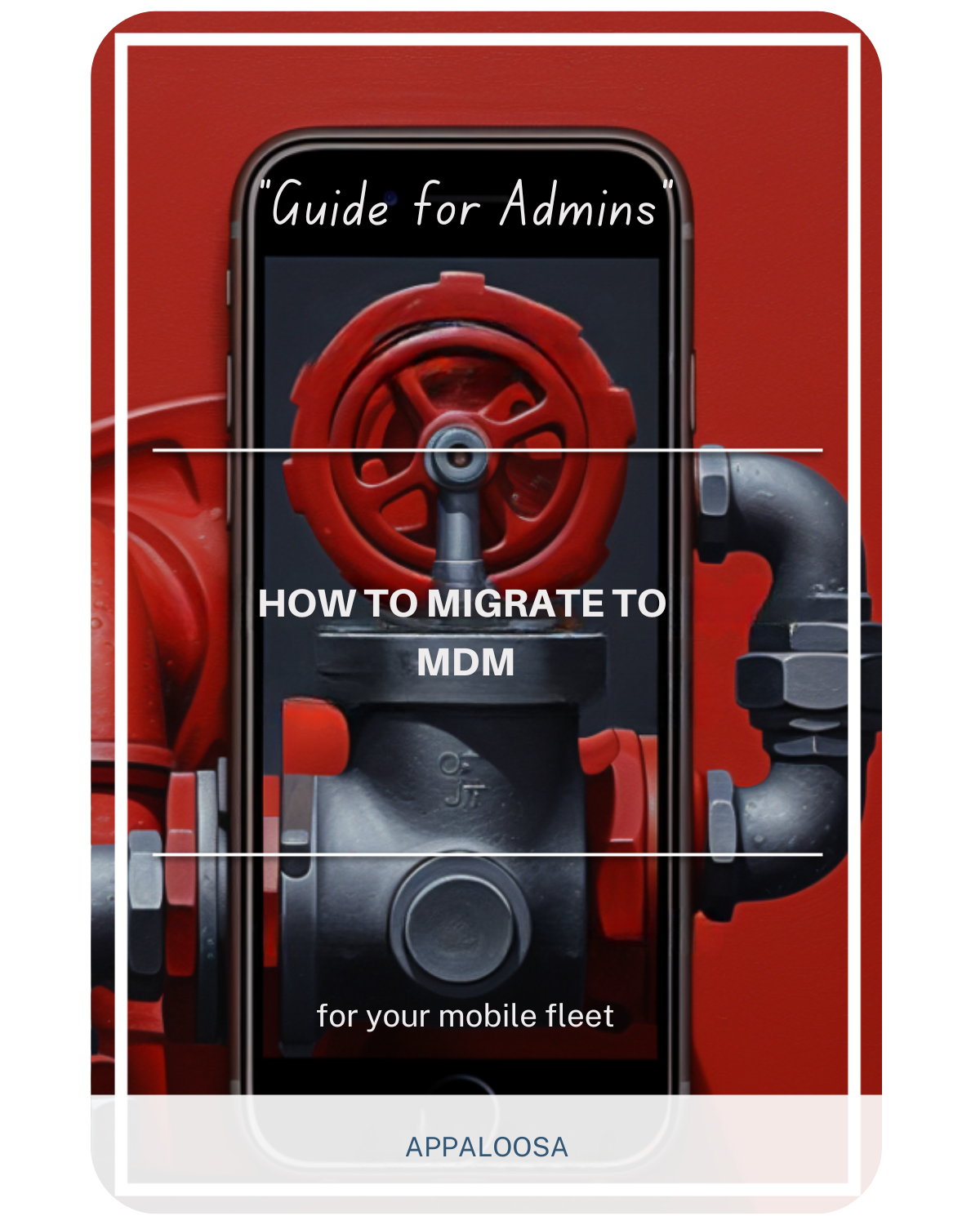What is BYOD (Bring Your Own Device) ?

Bring Your Own Device (BYOD) refers to the IT policy of allowing employees to bring personal devices (smartphones, tablets, laptops, etc.) to their workplace. A relevant and effective BYOD policy do not only permits employees to bring their own devices at work, but it encourages and facilitates access to corporate applications and data on personally owned devices.
Today, more than 150 million personal devices are used at work, blurring the boundaries between personal and professional spheres.
New expectations from both employees and management
Far from being a simple trend, BYOD is more and more seen as a strategic answer for enterprise mobile needs. It meets both employees’ expectations and internal concerns. Indeed, on one hand employees are demanding for modern, convenient and adapted tools for new professional usages without having to juggle several devices. On the other hand, companies are always looking for solutions to increase mobility, flexibility and productivity of their teams.
However, early feedback has highlighted a number of operational barriers that prevent companies from taking full advantage of BYOD, including application deployment.
Better user experience and corporate data security
Enhanced mobile user experience vs security and cost constraints specific to the company tend to be traditionally opposed. BYOD comes in as a solution to reconcile both requirements but on employee’s own device.
Indeed implementing a BYOD policy consists in setting up a secure environment on employee’s own device in which one can access their work apps anywhere and anytime, no matter the device version.
Therefore, implementing an efficient BYOD policy requires to be able to deploy, secure and manage applications on an heterogeneous devices fleet while respecting employee privacy on their own phone.
Until recently, there were few ways to achieve this in a simple and effective way. An app deployment could take up to several weeks – a delay often prohibitive – while only some phone manufacturers (Apple, Samsung, Sony and LG mainly) were supported. In the end, the user had to grant administrators complete access to their device’s data (Mobile Device Management, MDM) and not only to the data of their work apps (Mobile Application Management, MAM).
New solutions are emerging to facilitate enterprise mobility programs adoption
From Google to Apple, enterprise mobility and BYOD are seriously seen as a challenge to tackle. Indeed, Apple has started to ease restrictions on MDM while Google has been developing for the last three years a solution called Android Enterprise. Part of this solution has been specifically designed to facilitate the adoption of BYOD.
Android Enterprise
Integrated with Android Nougat, Android Enterprise allows the partition of professional and personal environments on the same device. The control is shared between the company who supervises work apps while the user keeps authority over his personal data.
Android Enterprise offers in particular the possibility to temporarily disable the professional side, which is a very powerful lever of adoption for employees who control the balance between their pro and personal life.
With Android Enterprise, it becomes possible to implement efficient application deployment tools compatible with any Android device available on the market. These include, for example, the ability to create real private app stores to manage applications, access and permissions related to the corporate directory, and only delete business data from the device when needed.
iOS Mobile Application Management
Since iOS 10, Apple has started moving restrictions which a profile could apply to both supervised and non-supervised devices to non-supervised devices, leaving the opportunity for Mobile Application Management solutions to deploy and managed corporate apps in a BYOD scenario without enforcing policies which could prevent end-user adoption.
While the iOS architecture is quite different from Android, this new paradigm allows for the same control over corporate apps & data without neglecting the end-user experience, thanks to Apple Business Manager.
Simplified app deployment on BYOD or COPE
These developments, both at Google and Apple make it possible to reassure privacy-conscious users. Company only controls work data and personal contents remains under control of the end-user.
